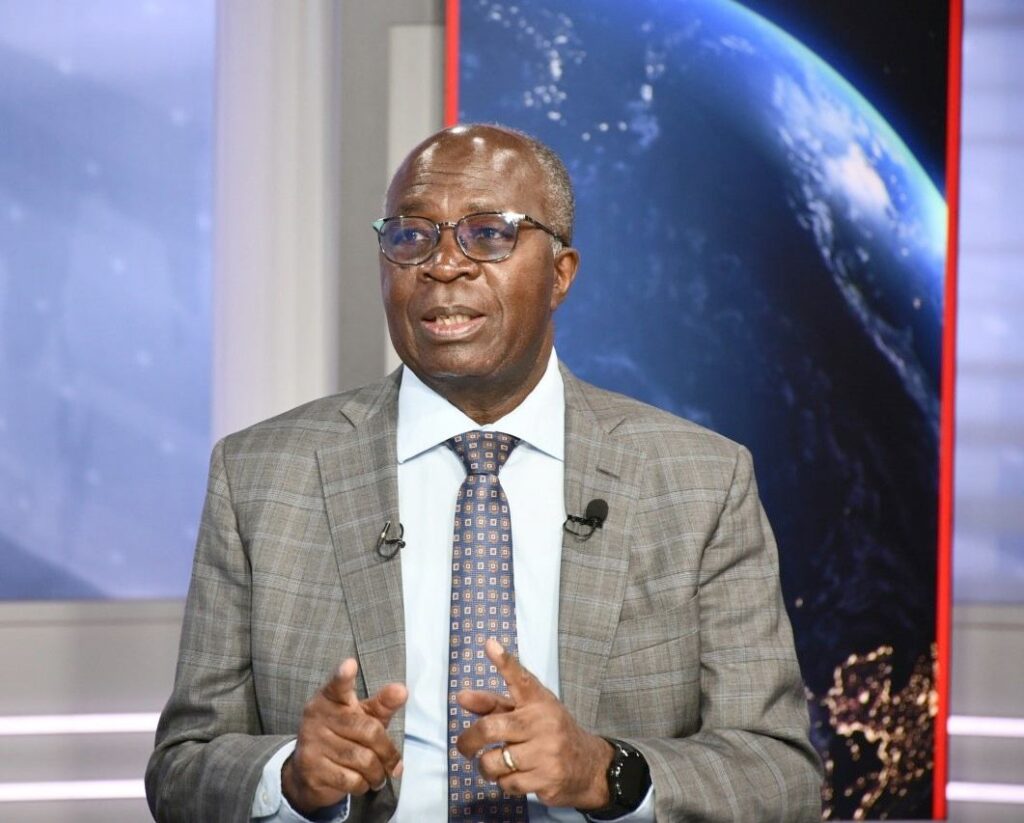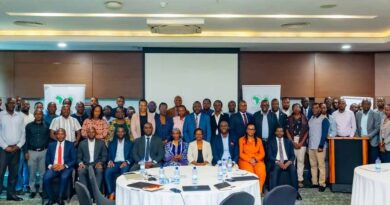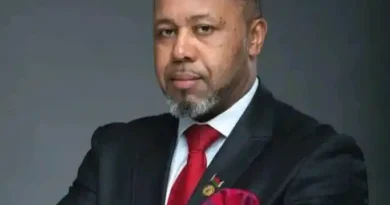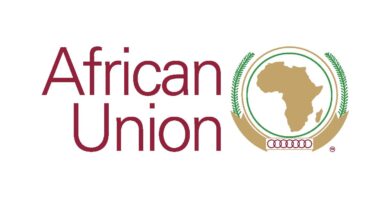Zambia Signs Grant Agreements with World Bank to Boost Energy, Education, and Women’s Empowerment
The Government of the Republic of Zambia, represented by the Honourable Minister of Finance and National Planning, Dr. Situmbeko Musokotwane, MP, signed significant grant agreements with the World Bank Group aimed at advancing key sectors in the country.
The event was attended by notable dignitaries, including Mr. Nathan Belete, World Bank Country Director for Malawi, Tanzania, Zambia, and Zimbabwe, and Honourable Reuben Mutolo Phiri, Minister of Agriculture of Zambia.
The agreements, totaling $257 million, encompass two major projects: the National Energy Advancement and Transformation (NEAT) Programme and the second phase of the Girls’ Education and Women’s Empowerment and Livelihoods Project (GEWEL-2). These initiatives reflect Zambia’s ongoing commitment to improving its energy sector and enhancing social protection for its vulnerable populations.
The NEAT Programme, backed by a $100 million grant, is designed to enhance the operational efficiency of Zambia’s energy sector. Key activities include improving the financial performance of ZESCO, Zambia’s primary electricity supplier, increasing the reliability and climate resilience of the electricity sector, and enabling private investment in non-hydro renewable energy sources.
Specific measures will address ZESCO’s debt management, operational cost optimization, revenue enhancement, and a grid-connection subsidy program to reduce the upfront cost for new customers. Additionally, guidelines for the establishment of the Rural Electrification Fund (REF) will be developed to support electrification in rural areas.
The GEWEL-2 project, receiving $157 million in funding, aims to promote human capital development and productivity among poor and vulnerable girls and women. Activities under this phase include providing nutrition-sensitive social cash transfers, financial assistance for education costs to keep girls in school from upper primary to secondary levels, and supporting women’s livelihoods through training and mentorship on life and business skills.
Dr. Musokotwane highlighted that since July 2023, Zambia has been eligible to receive only grants from the World Bank, and to date, the country has secured $717 million in such funding.
This includes projects focused on transport corridors, health emergency preparedness, macroeconomic stability, and additional support for women’s empowerment and education.
In response to the ongoing drought crisis, the World Bank has also pledged $200 million under the Crisis Response Window to support Zambia’s efforts in mitigating the negative effects of the drought through a shock-responsive social protection project.
In his address, Dr. Musokotwane expressed profound gratitude to the World Bank for its continued support and emphasized the government’s commitment to ensuring the successful implementation of these projects.
He assured both Zambian citizens and the World Bank that the government remains dedicated to improving the economy and the welfare of its people.
The ceremony concluded with a call for continued collaboration between the Zambian government and the World Bank to achieve these ambitious goals and enhance the lives of the Zambian people.



